Navigating Murky Teaching Territory (aka Foundation Programmes): A Teacher-focused Survival Guide
By Mia Tarau
Not all courses are created equal. Not all stakes affect students equally. Usually, international students trying to access tertiary education, employment, or residency status in an English-speaking country will be the most motivated and hardest-working learners that you could ever dream of as a teacher.
However, how do you ‘survive’ when your classes are government-funded, your students are domestic students, and there are no visa or employment obstacles in their path, meaning their participation and engagement in tertiary preparation courses (and later, in tertiary study) are entirely voluntary? An added challenge is the fact that they may only need to pass one or two core subjects prior to their enrolment in a university degree, but typically, they would be required to go through an entire foundation programme consisting of five + courses in order to be accepted into university. Naturally, they will put the most effort into those core subjects related to their degree, meaning that, typically, all those additional disciplines will be met with lower enthusiasm on their part.
So what can we do if we are teaching a discipline that is not on our students’ list of priorities?
I have prepared a teacher survival guide comprising four essential strategies to help your love of teaching stay alive, despite all the challenges that come with teaching on a similar programme.
1. Do your job with the same passion and love, regardless of how many students do or do not turn up each day (because some may not – and it is their choice).
Regardless of the student’s planned major and their interest in Academic English as a part of that (or not), teach your lessons with the same enthusiasm as you would an ESL class. Prepare just as thoroughly. Put just as much thought into the entire process. The students will pick up on that and start turning up for YOU.
2. Supplement pedagogy with genuine care for your students.
In addition to teaching commitment, sprinkle your lessons with a genuine interest in the students’ motivation, interests, future career plans. Actively encourage them to share their joys, struggles, and successes in their journey towards their undergraduate degree. Find out their motivation for returning to university, and build parts of your lessons upon those dimensions of your students’ experiences. The students will pick up on that and start putting in the effort for you.
3. Weave your course into the tapestry of the broader programme
Allow your students to discover links between the skills learnt in English class and skills they will need at university, regardless of what they may wish to study in the future. Even though it may not be their main interest, help them see the value of the wealth of skills they learn in Academic English class to their future university experience. Once the students realise that EVERY course they (must) take brings value to their learning journey, they will appreciate everything they learn from you.
4. Share your struggles with your community, and don’t let life get you down!
A final piece of advice to teachers who (will most likely) feel down: share the burden! Take advantage of your teaching network; share your struggles and experiences; ask for advice. It is more than likely that your situation is not an isolated incident. And finally, remember: it is not up to you. Your students are adults; as such, they are the ones who should take full responsibility for their journey towards tertiary study. All we can do is teach, guide, and encourage them, but their tertiary journey is - ultimately – up to them.
What other advice do you have for teachers in similar circumstances? Share it with us in the comments, and happy teaching!
